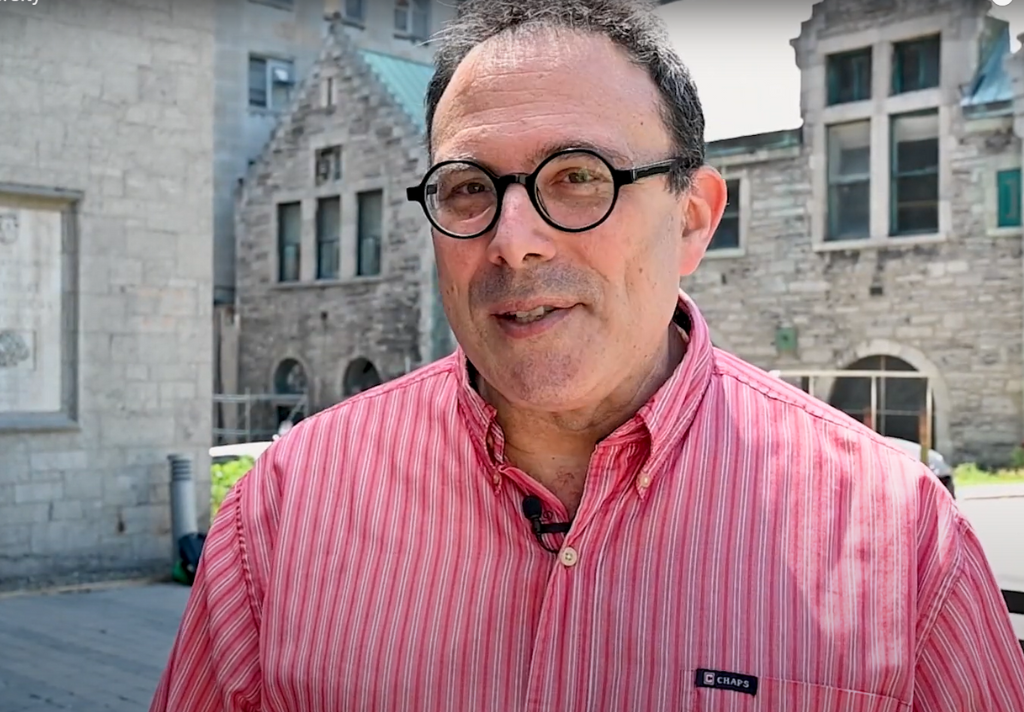Edward Ruthazer is a James McGill Professor at McGill University’s Department of Neurology and Neurosurgery. His research asks a fundamental question: what are the rules for building a brain?
Professor Ruthazer and his team use advanced live-imaging tools to study how brain cells grow, connect, and form networks during early development. By observing these processes in animal models such as zebrafish and tadpoles, his lab explores how experience and neural activity influence brain wiring. They also investigate the role of supporting cells, called glia, in shaping how circuits adapt over time.
“I really hope to understand the rules for building a healthy brain,” Ruthazer explains. “By identifying the mechanisms that influence development, there is hope for earlier understanding and support.”
For him, autism and other neurodevelopmental conditions are closely tied to his focus on early brain wiring. By learning how these processes unfold, his research contributes to a broader understanding of the factors that shape individual pathways of development.
Joining TACC in 2018 was an important step in connecting basic science with clinical and living and lived experience.
“TACC is an excellent resource for bringing together neurodevelopmental researchers and clinicians in Quebec,” he says. “More communication across silos is essential for real progress.”
How does experience during early development affect brain connectivity and wiring? Learn more with Professor Edward Ruthazer. (Production: Aura Strategies)
Looking ahead
As a research network, TACC shares profiles to foster meaningful connections, spark new collaborations, and support the translation of knowledge across disciplines, sectors, and living and lived experiences. Connect with Professor Ruthazer and learn more about his work here:

